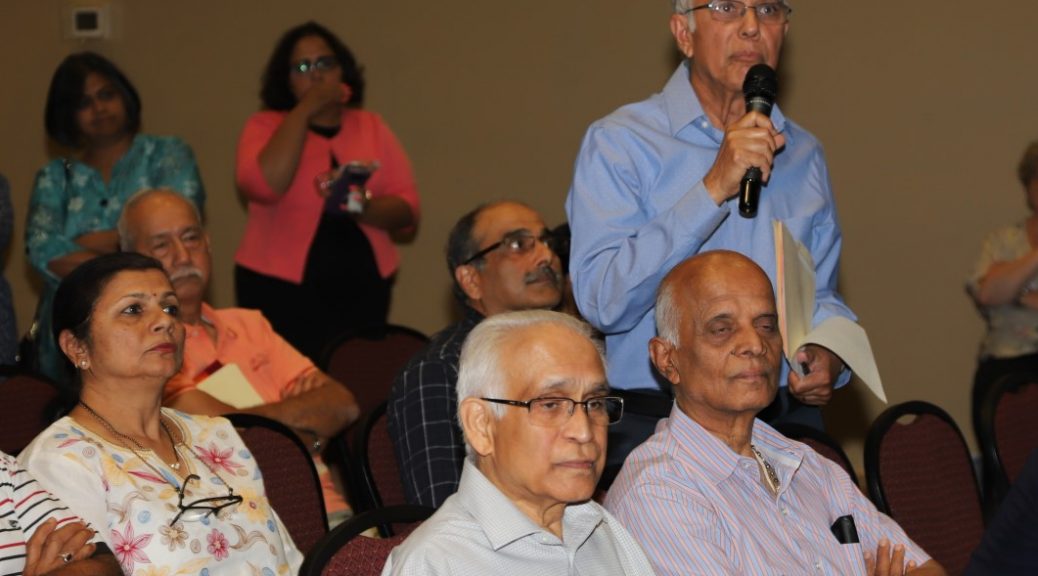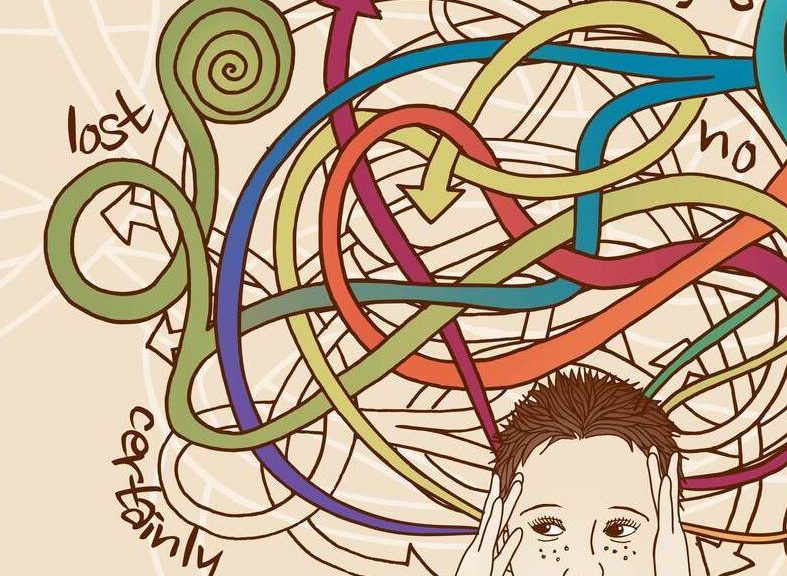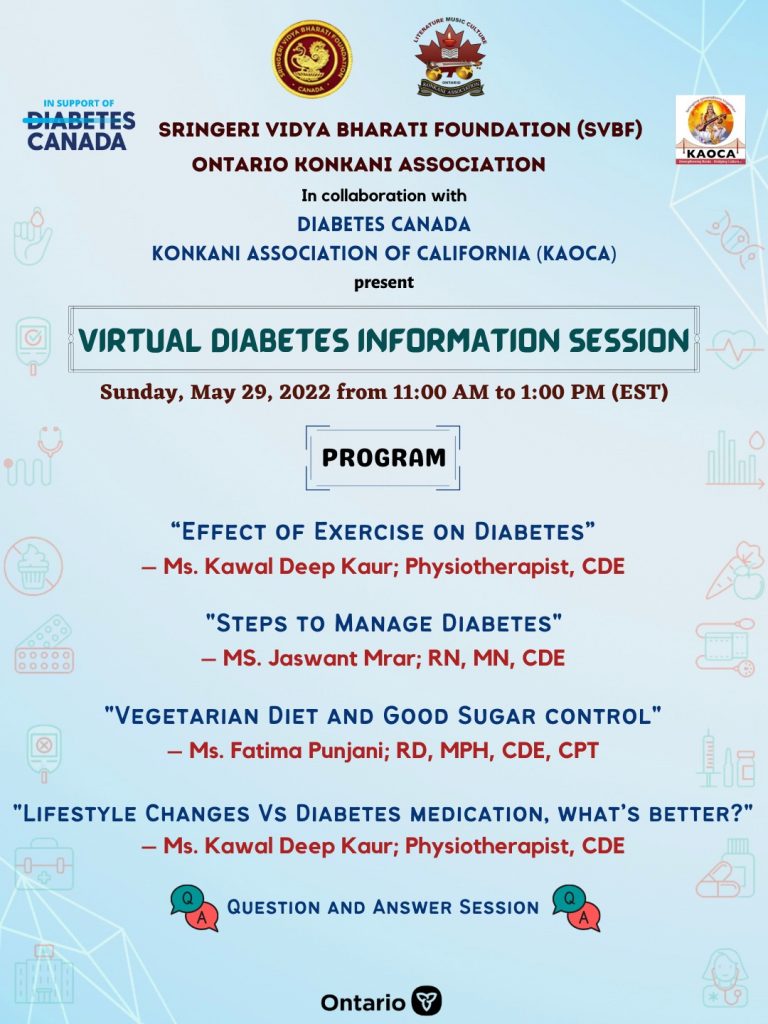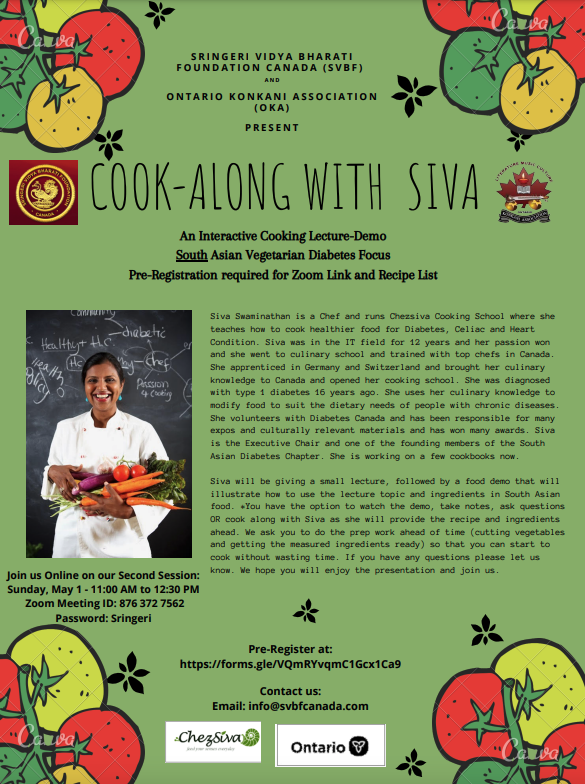If you sometimes have difficulty trying to find the right word or remembering an event or conversation, researchers say there’s probably nothing wrong with your brain or memory. And, more importantly, It’s not necessarily a symptom of cognitive decline. Rather, it’s more likely a symptom of how well your brain has been working over the years, absorbing, retaining and storing information. And it’s a normal cognitive situation that develops with healthy aging. Beginning in middle age and onward, retrieving a word or a memory, especially under pressure or in the moment, can be challenging simply because the brain has accumulated so much data.
Reassuring Findings
That’s the reassuring finding of a study by the Rotman Research Institute of Baycrest Health Sciences published recently in the journal Trends in Cognitive Sciences. “Older people do worry about these memory lapses because they might be indicative of a more serious problem,” acknowledges study co-author Dr. Lynn Hasher, senior scientist at Baycrest’s Rotman Research Institute and professor emerita of psychology at the University of Toronto. She explains that with normal cognitive aging, “One of the problems in getting the word you want is that you know it, but other words closely related to it, sometimes phonetically, sometimes in meaning, get in the way.”
The research suggests it’s “clutter” that’s built up in the brain that gets in the way of extracting target information it’s needed immediately. “Older adults’ memories contain more non-target features and, thus, are cluttered with excessive information,” according to the published paper. This clutter includes “recently activated but no-longer-relevant information, prior knowledge cued by the ongoing situation, as well as irrelevant information in the current environment.” In other words, says Hasher, “We’ve just got too much stuff in our heads as we age.” As well, says Dr. Tarek Amer, a co-author of the paper and post-doctoral fellow at Columbia and Harvard University, “Certain flashbacks or mind wandering — not necessarily related to current tasks — stem from this reduced selective attention.”
One example: cooking in the kitchen and forgetting to add the salt because the smell of an ingredient conjures up the memory a restaurant meal you once had in your foreign travels and your mind wanders to that experience. “Cues can trigger a memory that you’re not actually aware of,” explains Hasher. “A lot of memory happens incidentally.”
The Upside to Memory Clutter
The good news is that there is a significant upside to this clutter of information and experience, suggests psychologist Amer. “There are advantages in other contexts, in tasks involving decision-making and creativity,” he explains, “for example, coming up with novel solutions to open-ended tasks.”
Older people can call upon more information and experience to support that decision-making or novel solution even though they may have trouble finding a target word or remembering a movie title in the instant it’s needed.
“As we age, we rely more on knowledge accumulated over a lifetime rather than building on that knowledge as younger people do,” suggests Amer. “Cluttered memories might contribute to this wisdom, because we do accumulate a lot of knowledge over a lifetime.” This store of knowledge, memories and experience, though it may come with glitches like forgetting names, serves us well.
“Older adults, past 60 or older, are very valuable contributors to society,” Amer says, “and they are often in positions of power making important decisions.”
A specific example Hasher offers: older adults are better at keeping meetings and discussions on track and focused. “At a committee meeting, Person A says something, Person B says something else, Person C says something else. The older person is likely to return to the topic (initiated by Person A). That’s because older people hold on to the recent past even while they consider new information. Younger people go with the new information.” She adds, “That may be irritating to younger people and may contribute to the prejudice against older people.”
Hasher says that may explain why it’s often the case that older people’s comments are dismissed by younger colleagues who are impatient with their elders.
ACKNOWLEDGEMENT: From “Everything Zoomer Wellness Edition” April 11, 2022
Feature Image source







